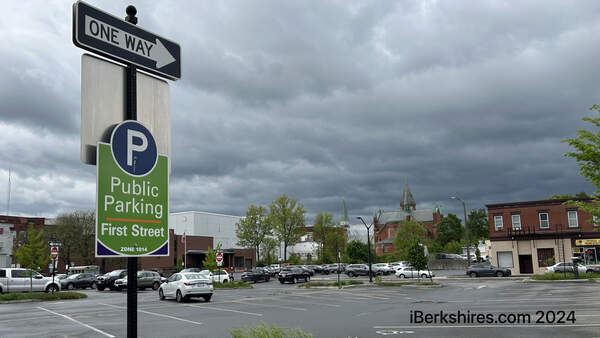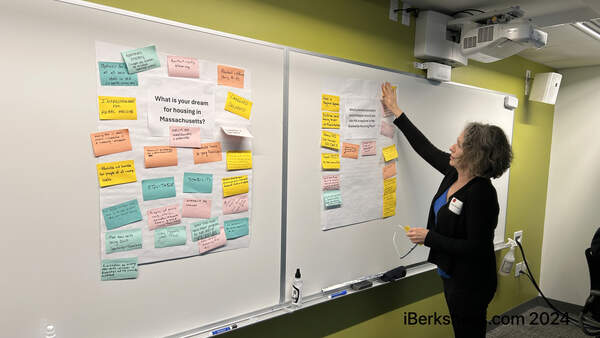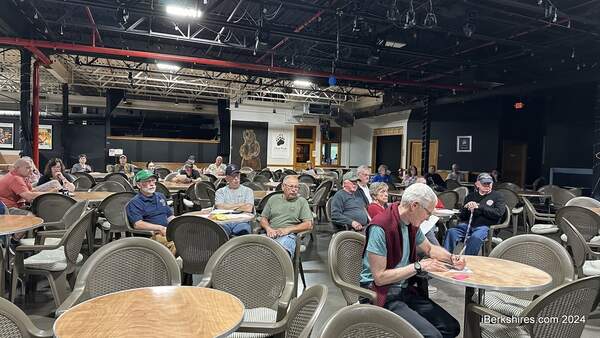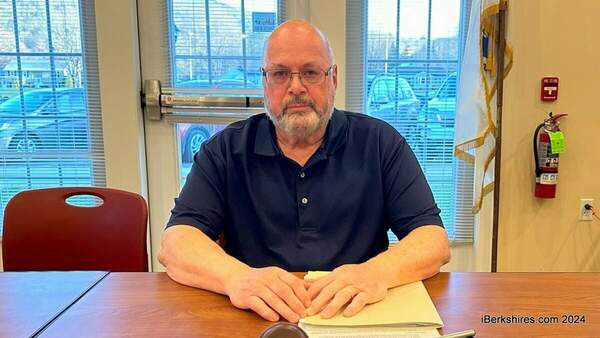BOSTON — Governor Maura Healey signed an Executive Order establishing the Artificial Intelligence Strategic Task Force to study AI and Generative Artificial Intelligence (GenAI) technology and its impact on the state, private businesses, higher education institutions, and constituents.
The Task Force will conduct outreach and collect input from stakeholders and experts, advise the Governor and executive branch on the state's role in AI implementation, and find ways to encourage leading industries to adopt this technology to ensure continued success.
The mission of the Task Force is to create specific recommendations for how the state can best support the state's businesses in leading sectors around AI adoption. It will also produce recommendations focused on startups' ability to scale and succeed in Massachusetts.
"Massachusetts has the opportunity to be a global leader in Applied AI – but it's going to take us bringing together the brightest minds in tech, business, education, health care and government. That's exactly what this task force will do," said Governor Maura Healey. "Members of the task force will collaborate on strategies that keep us ahead of the curve by leveraging AI and GenAI technology, which will bring significant benefit our economy and communities across the state."
AI is a machine-based system that can, for a given set of human objectives, make predictions, recommendations, or decisions. GenAI as used in this Order, is a type of artificial intelligence technology that can generate many forms of content including but not limited to texts, images, and multimedia.
The Task Force will have subject-specific working groups that will create recommendations to leverage AI in leading sectors, such as education, healthcare, life sciences, robotics, and financial services. The launch of the Task Force delivers on a commitment from the Administration's Economic Development Plan,
Team MA: Leading Future Generations.
The AI Strategic Task Force consists of 25 individuals representing members of the business community, higher education institutions, and state and local government. The Secretaries of Executive Office of Economic Development (EOED) and the Executive Office of Technology Services and Security (EOTSS) will serve as state co-chairs. Mike Milligan of the UMass system and Santiago Garces of Boston will serve as cochairs from the academic community and local government.
"Massachusetts is the great state that it is because of our ability to harness the ingenuity and knowledge of our greatest natural resource, our residents," said Senate President Karen Spilka. "As technology enters its next era, that of Artificial Intelligence, I commend the Governor and the Administration for putting together some of our brightest minds in various cross sectors of the Commonwealth to help us reap AI's great potential and position Massachusetts to be a global leader in the technology."
Governor Healey will seek $100 million in her upcoming economic development legislation to create an Applied AI Hub in Massachusetts.
The funding will be used for a capital grant program to support the adoption and application of AI capabilities to solve public policy problems and to advance the state's lead in technology sectors, including life sciences, healthcare, financial services, advanced manufacturing, robotics and education. Subject to the legislative process, this capital fund will position the state to act on the strategic goals and priorities of the AI Strategic Task Force established by this Executive Order and will focus on capital expenses related to the incubation of AI firms, adoption of AI technologies and the development of AI software and hardware technology development and commercialization. The Governor's recently filed FutureTech Act includes a $25 million authorization for IT capital AI projects within the Executive Branch.
In addition, the Executive Office of Administration and Finance (A&F) and EOTSS have announced a partnership with Northeastern on InnovateMA, a collaboration between higher ed and the Healey-Driscoll administration to leverage AI across state government. Northeastern co-ops have started assisting the state with implementing an AI solution in the following use cases:
Policy Hub: Create a tool for MassHealth call center staff to more efficiently navigate policy documents needed for beneficiary customer support.
Resource Gateway: Create a tool for MassDOT's Highway Division engineers to more efficiently navigate the large quantity of Standard Operating Procedure's governing highway projects.
User Navigation: Create a tool for the riders and potential riders of the MBTA RIDE paratransit service to better understand how to access services.
Grant opportunities: Predict grant program eligibility for potential applicants within the suite of grants offered by agencies and programs under the Executive Office of Energy and Environmental Affairs (e.g. farmers impacted by floods).
Members of AI Strategic Task Force
Secretary Yvonne Hao, EOED (Co-Chair)
Secretary Jason Snyder, EOTSS (Co-Chair)
Mike Milligan, Vice President and Chief Information Officer, University of Massachusetts (Co-Chair)
Santiago Garces, Chief Information Officer, City of Boston (Co-Chair)
Erica Bradshaw, Chief Technology Officer, Harvard
Representative Tricia Farley-Bouvier, Massachusetts House of Representatives
Usama Fayyad, Professor and Executive Director, Institute for Experiential AI, Northeastern
Patricia Geli, Co-founder, C10 Labs/MIT
Segun Idowu, Chief of Economic Opportunity and Inclusion, City of Boston
Dr. Robert Johnson, President, Western New England University
Meghan Joyce, CEO and Founder, Duckbill
Patrick Larkin, Deputy Director, Massachusetts Technology Collaborative
Jeffrey Leiden, Executive Chairman, Vertex Pharmaceuticals
Spyros Matsoukas, Vice President and Distinguished Scientist of AI, Amazon
Vipin Mayar, Executive Vice President, Head of AI Innovation, Fidelity
Sears Merritt, Head of Enterprise Technology and Experience, MassMutual
Armen Mkrtchyan, Origination Partner, Flagship Pioneering
Senator Michael Moore, Massachusetts Senate
Jane Moran, Chief Information and Digital Officer, Mass General Brigham
Ed Park, Co-Founder and CEO, Devoted Health
Rudina Seseri, Founder and Managing Partner, Glasswing
Soundar Srinivasan, Director, AI Program, Microsoft New England
Fernanda Viegas, Principal Scientist and Co-Lead of People + AI Research (PAIR), Google
Grace Wang, President, Worcester Polytechnic Institute
Jeremy Wertheimer, Visiting Scientist, Broad Institute of MIT and Harvard
The Task Force will begin its work in February and present final recommendations to the Governor later this year. InnovateMA began its work in mid-January and the pilot will conclude in July.
| If you would like to contribute information on this article, contact us at info@iberkshires.com. |















